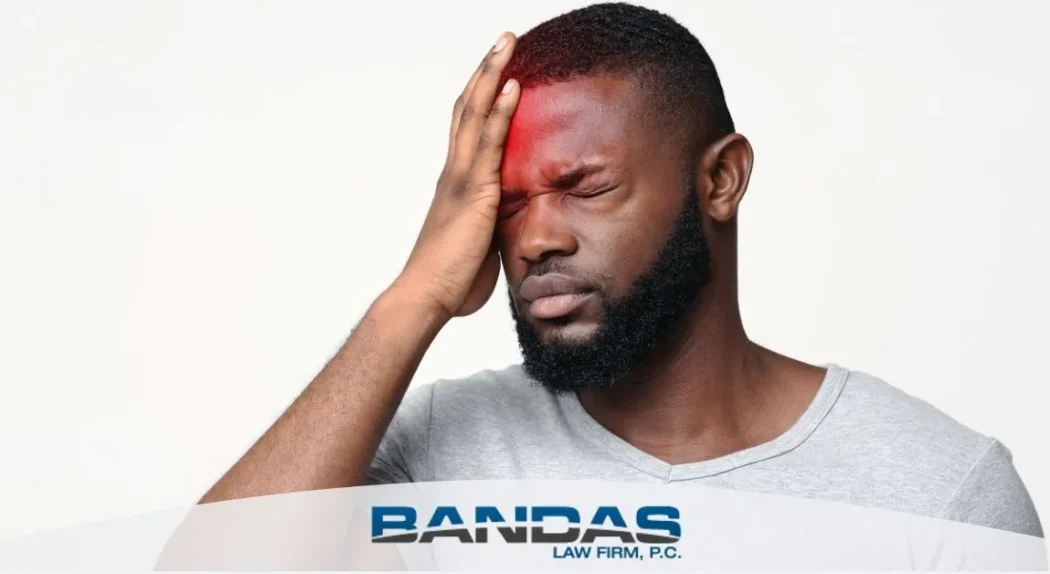Blog
Concussions are “Not a Big Deal” and Other Myths Debunked

What is a Concussion?
A concussion is categorized as a traumatic brain injury. When it comes to concussions, there are plenty of misconceptions — and not fully understanding how concussions affect the brain can lead to a lack of proper treatment or no treatment at all. Read on to learn the five most common myths associated with concussions.
Myth #1: You Don’t Have a Concussion if You Don’t Lose Consciousness
While it’s true that a concussion can cause someone to lose consciousness, The University of Pittsburgh Medical Center (UPMC) states that 90% of people with concussions do not lose consciousness.
Myth # 2: Hitting Your Head is the Only Way You Can Get a Concussion
You’ve probably heard more about concussions through news media coverage on professional sports players. This misconception can lead many people to believe that the only way to get a concussion is through an intense blow to the head. However, a concussion can occur if the body is hit with a force that causes the brain to rapidly move back and forth against the skull, such as a car crash.
Myth #3: If You Have a Concussion, You Must Stay Awake
One of the most common misconceptions is that you could lose consciousness or fall into a coma if you fall asleep with a concussion. However, BBC News reports that this misconception comes from the thought that if a person has suffered a brain bleed, going to sleep can lead to a rare, potentially fatal complication known as a lucid interval. Internal bleeding is rarely associated with concussions. Medical experts now agree that sleeping is safe for someone with a concussion as long as they are under medical care and their symptoms are monitored.
Myth #4: If You Don’t Have Immediate Symptoms, You Don’t Have a Concussion
In some cases, symptoms of a concussion may not show up for hours, days, or a week after sustaining a head injury. Delayed symptoms of a concussion may include:
- Sensitivity to light
- Sensitivity to noise
- Irritability
- Difficulty sleeping
- Fatigue
- Depression
Myth #5: You Can Go Back to Normal Activities as Soon as You Feel OK
Since it can take several days to a week for symptoms of a concussion to appear, it’s critical to seek medical attention after being struck in the head, no matter how “good” you feel. Returning to sports or other activities without a doctor’s consent can lead to dangerous and potentially fatal complications.
Suffered a Traumatic Brain Injury in a Car Crash? We Are Here For You.
Sustaining a TBI from a crash caused by a negligent driver is a devastating event. When you need to focus on healing, the last thing you should have to worry about is fighting the insurance companies for your right to receive compensation for medical bills, treatments, and therapies. Let us help ease your burdens.
We are here to walk you through every step of the process so you can rest assured you have the support you need.
Contact Bandas Law Firm, P.C. today at (361) 238-2789 to learn how we can help you seek justice.
contact us
Request A Free Consultation
Fields marked with an * are required
